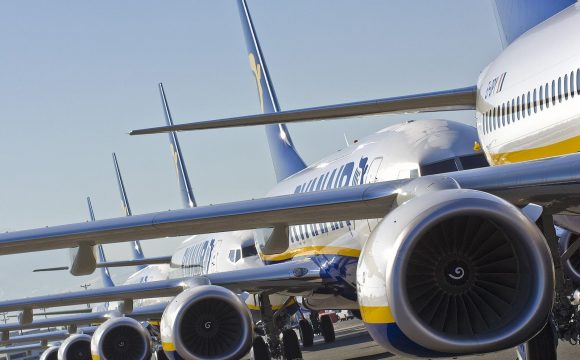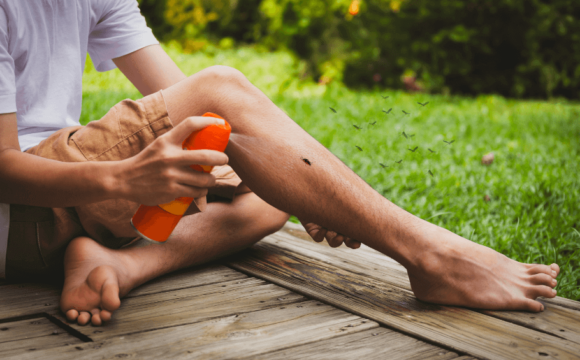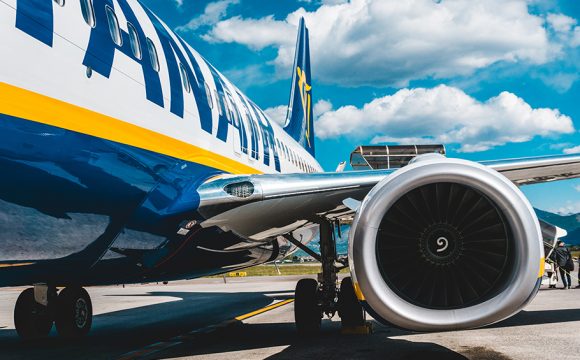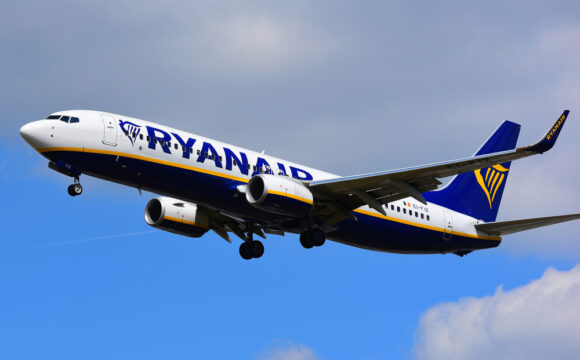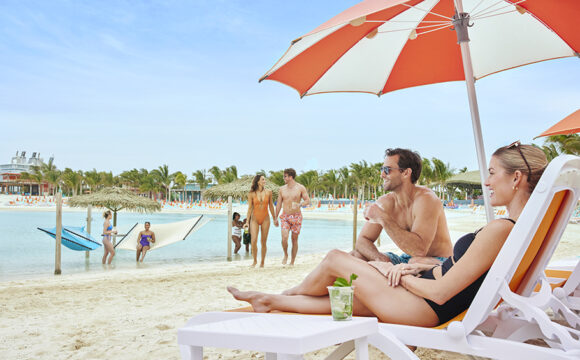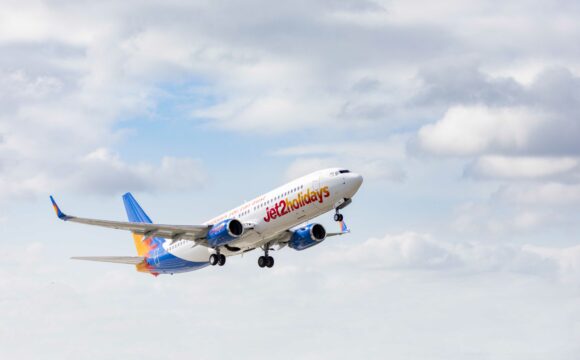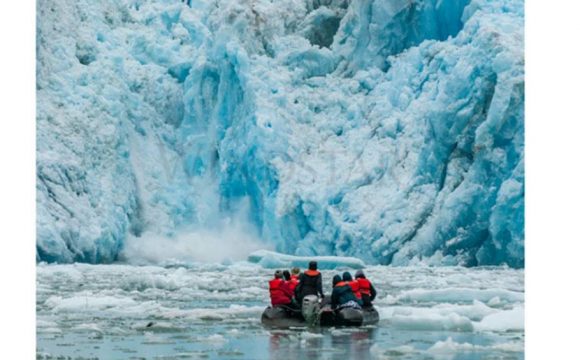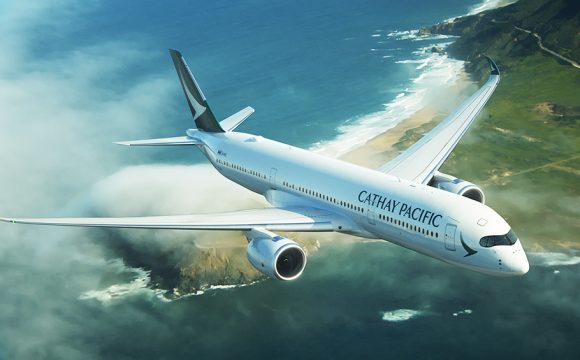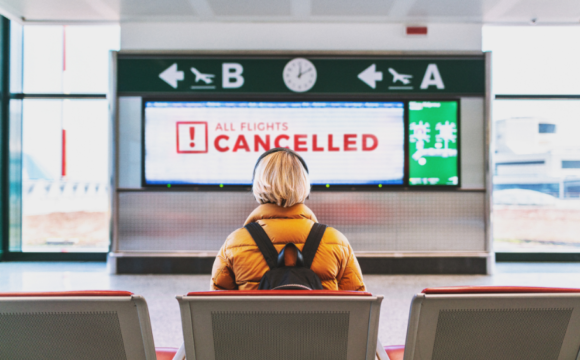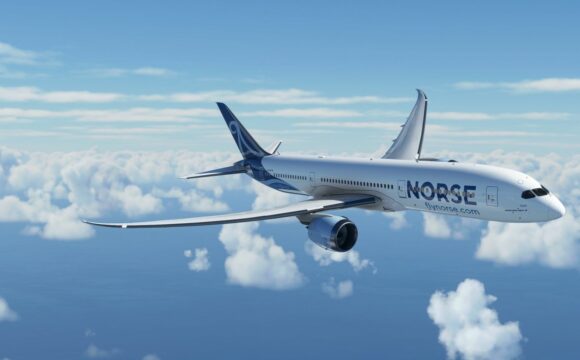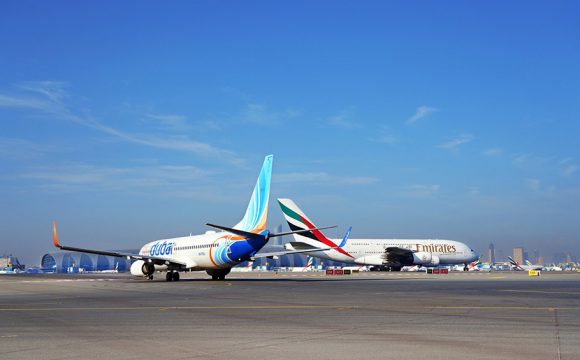With awareness around the plastics crisis at an all-time high, small group adventure travel operator and social enterprise, G Adventures, is calling on its travel industry partners to join forces in the movement to reduce the use of single-use plastics in tourism.
Starting with the simple step of asking all suppliers for their support to provide alternative solutions, G Adventures hopes to provide clean drinking water for as many travellers on-tour as possible, so they can replace disposable plastic water bottles with reusable vessels.
Named the ‘Plastics Partnerships Project’ the initiative comes after G Adventures recognised that to have a greater impact it needed to engage more partners to help. After an approach to its complete hotel supply chain, 80% of the hotels have committed to providing clean drinking water for travellers by January 2020, which equates to up to 3.5 million bottles being saved annually by G Adventures’ 200,000 travellers.
Jamie Sweeting, Vice President of Responsible Travel and Social Enterprise at G Adventures, says the company has been making a conscious effort over the past few years to reduce plastics across the business, but realised that to shift the dial further it needed to engage not only its staff, but also suppliers, agency partners, and ultimately its travellers.
“We’re starting in a manageable way, with a focus on reducing the use of single-use plastic water bottles. We already take steps globally to reduce plastic in our offices and on our water-based tours, and we actively participate in beach clean-ups where we can. We know we can do more however, but we can’t do it alone.
“The Plastics Partnership Project is an invitation to work together to make small changes that can collectively make a big difference to our planet and its people. More than 350 million tonnes* of plastic are produced each year and eight million of those end up in our oceans. Working collaboratively enables us to drive even more change in behaviour,” added Jamie.



